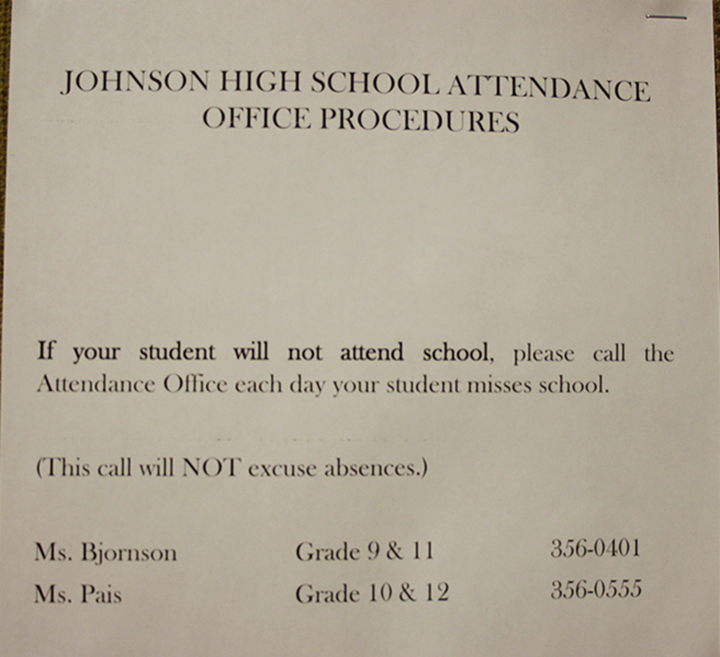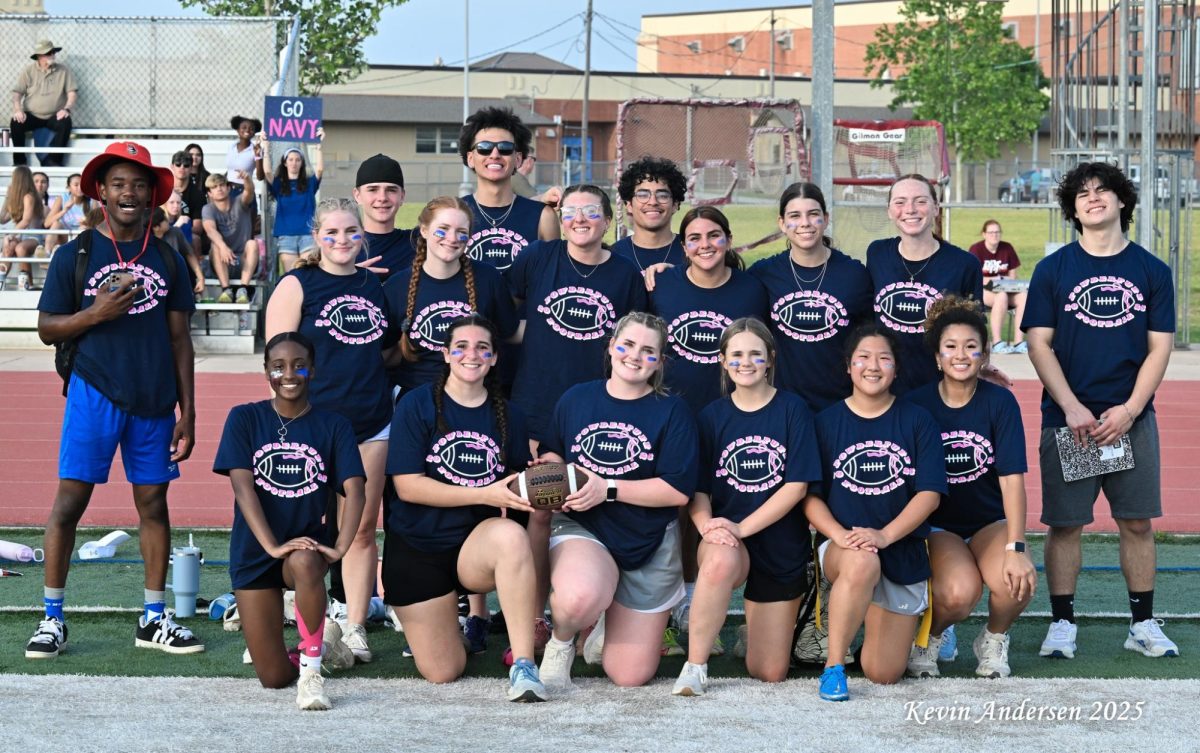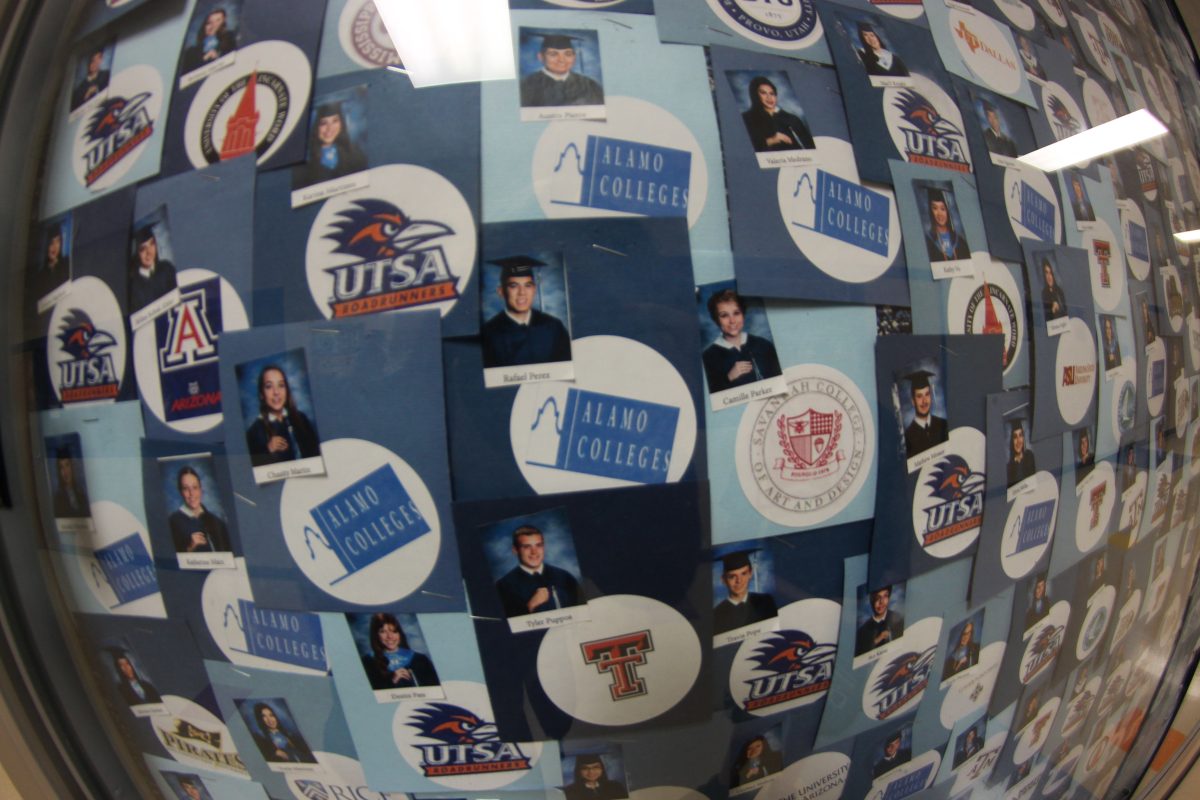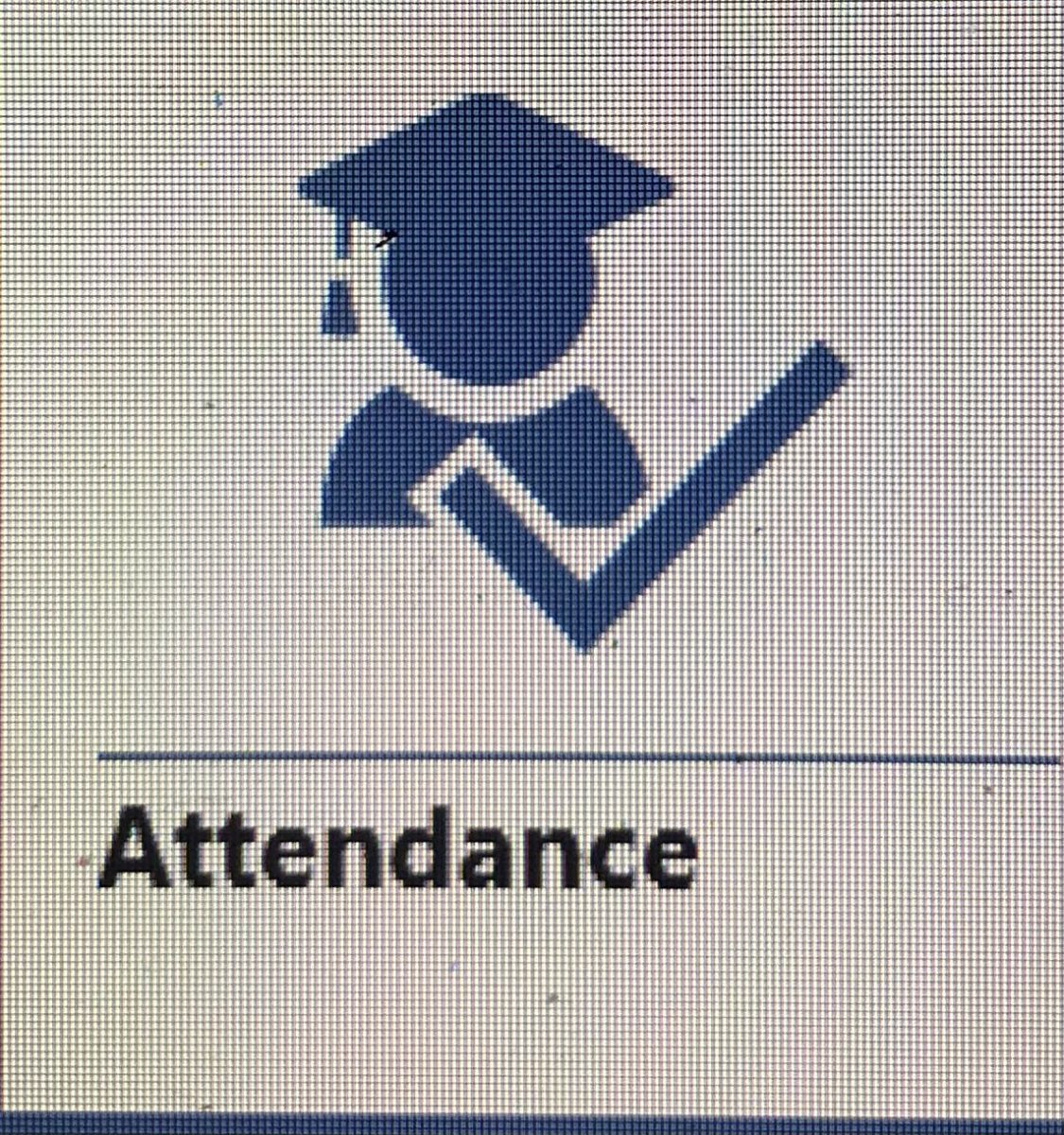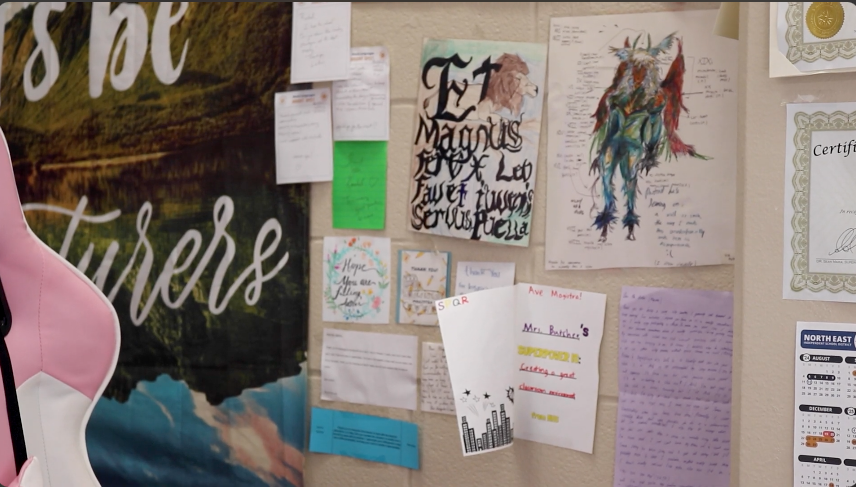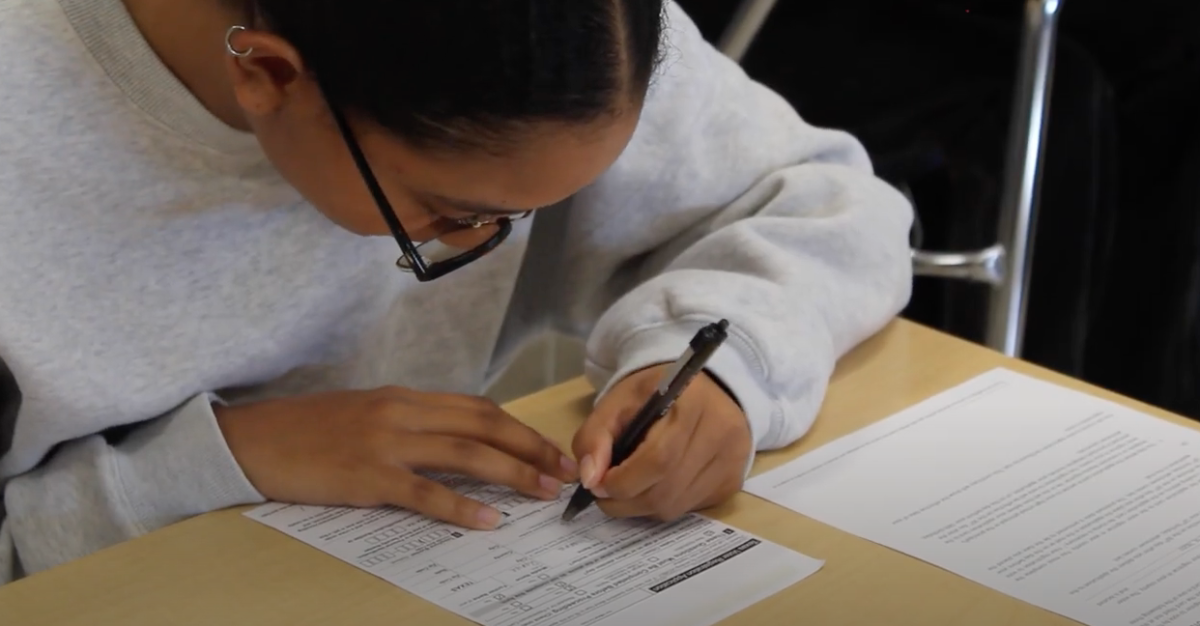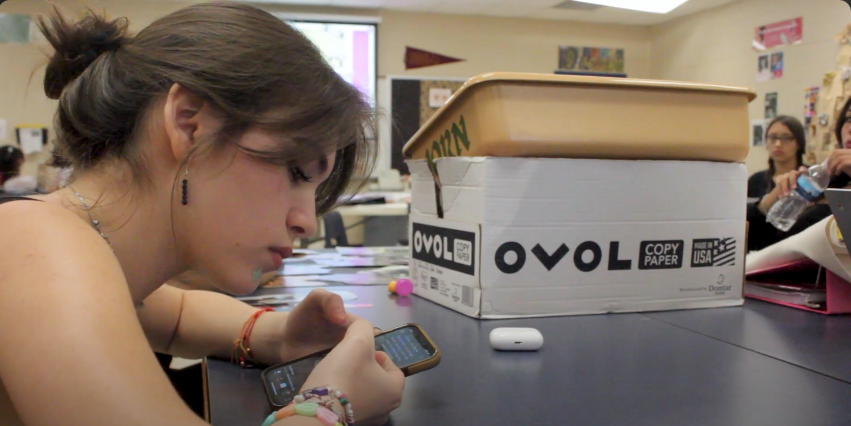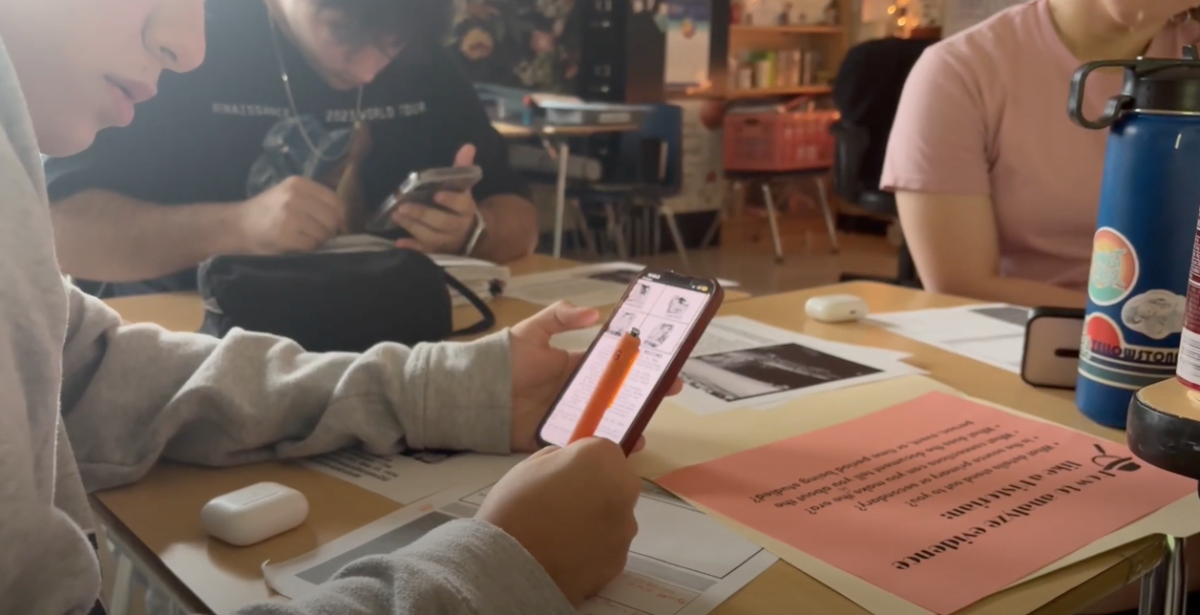by Emma Fitzhugh | news editor
As a result of having over 10 unexcused absences, in addition to failing at least one class, 102 seniors are currently at risk of not walking the stage at graduation on June 9.
“I said, ‘O.K, well tell me what we’re looking at.’ So when I’ve got them [the numbers] I said I’m gonna tell the parents, ask for their help, and say hey, it’s a busy time of year but we gotta keep focused. I can’t just turn over a diploma without you earning it or following an attendance law,” principal John Mehlbrech said.
With a subject line simply stating “Seniors Not Graduating”, an email was sent out on Friday, April 17 in which Mehlbrech reminded seniors that in order to receive a high school diploma, students must uphold a 90% attendance rate according to Texas’ Compulsory Attendance Law. In addition, Mehlbrech also requested parent’s help in order to have as many seniors as possible graduate this year.
“Well, we meet as a leadership team here every Friday, and we look at all sorts of things and different issues. The counselors were very concerned about grades because they’re checking their kids- making sure their seniors are on track and graduate, and noticed there were a bunch of failures that seems to be a little bit exorbitant this year,” Mehlbrech said. “The administrators popped in and said well our attendance is pretty significant. A lot of kids are not getting to the classes, so I asked for the numbers.”
While seniors are often prone to becoming more relaxed this time of year, according to Mehlbrech, in order to receive a diploma, seniors must earn it.
“The idea was to put like a shock in awe, and say wake-up, because this is serious, and you’ve worked too hard to get to this point to blow it now. So, those of you that are failing a course- stop it. Those of you not going to school- get your butts here. You know, those kind of things. So, we’re just trying to cover our bases, and ask for help at home, because we can’t do it alone,” Mehlbrech said.
Currently, 333 seniors are failing a class for the second semester, and 452 seniors are failing a course this nine-week grading period. With only three Saturday school opportunities left in this semester, many seniors may have to attend every Saturday school from now until the end of the year in order to meet the credit requirements for graduation. Students can sign up for Saturday school in the main office anytime between Monday through Thursday at noon.
“This time of year people start shutting down. And the seniors in particular because you know, they’ve worked awful hard, in high school in particular. With all the AP classes, and all the extracurricular, and all those things,” Mehlbrech said. “They’re tired. We’re tired. So you always see the last nine week grading period, especially for a senior, to kind of dip a little bit. But not this many. So the numbers are a little bit higher than our comfort zone on this.”
However, at this point in the year having a relaxed attitude may not be the only thing causing these ‘shocking’ statistics.
“I think part of the battle is deeper than that. I think it’s more of the apathetic feeling…[seniors] working for what they get and not feel like they’re entitled. That they deserve it, so therefore they don’t have to fulfill it. I think there’s a combination of a lot of things that go on, and I don’t know if it will get better or get worse. They’re just hanging out,” Mehlbrech said. “And a lot of our seniors, when you get to this age and this time period, they’re ready for college. I think part of it too is they just wanna get out. They’re done.”
Despite the fact that some of her peers are choosing to skip and/or fail a class, senior Mikala Petrone says this type of attitude is definitely a problem.
“High school is going to be the easiest time for us and if seniors are struggling now, they’re gonna have a hard time in college. Whether it’s school work or stranding classes. I feel like if they’re deciding to make poor decisions now, while living with [their] parents, imagine what they are going to do after high school, in college, with no parents,” Petrone said.
But by choosing to make these decisions, the overall senior class now looks bad, adds Petrone.
“I keep my grades high and I don’t skip. There’s no point in skipping. There’s a few weeks of school left and we (seniors) aren’t doing anything but reviewing for the EOC’s. It does make the overall senior class look bad, especially because there are 102 [seniors] not qualified to graduate. It’s sad,” Petrone said. “I think colleges need to look at senior year to see how motivated seniors are. If we want to be treated as adults then we need to do ‘adult’-like things.”
However, senioritis is definitely a thing, according to senior Madison Cave.
“I mean yeah, a lot of people get lazy this time of the year, especially myself. It’s hard to get to first period everyday. It’s easier for me because I only have five classes, so I don’t have to stay here all day. Definitely people want to get out of school. Especially since we’re seniors, we don’t really do much this time of the year,” Cave said.
Despite the fact that most seniors have already been accepted to a university, missing class, even if it’s just showing up late to first period, doesn’t seem to be unusual at this point in the year.
“We’re definitely lazy. I mean, I have a lot of absences too, but…I don’t know. It’s hard to go to school. I think colleges just don’t really worry about it because by this time of the year we’re already accepted into colleges and already know where we’re going, and have everything set up for college. So there’s nothing they can do now about what I do in high school,” Cave said.
But choosing to skip class can have repercussions beyond high school, according to Mehlbrech, from losing a scholarship to taking a different college course due to absences.

“One, they won’t get credit. If they don’t get credit, they won’t graduate. If they don’t graduate they’ll lose their scholarship. Colleges will look at, particularly the real competitive ones, will look at the final transcript and decide. ‘Am I gonna put you on probation? Are we gonna put you on, not the real class but a lower level class, like a Pre-Algebra versus Algebra I?’ They can decide what schedule you’re going to start on,” Mehlbrech said.
Poor choices on social media may also determine whether a student will still be able to attend the college they had been previously accepted to.
“I think it’s important that we don’t fall into that category. People think that last semester’s GPA and rank and all that is what’s really significant, or even after the sixth one, because everybody’s applied and been accepted. They can still take it away. I mean if you do something really silly on social media, they’ll yank it,” Mehlbrech said. ”They don’t want that there either. Not that they will, but that’s an option that they have. Again, I don’t want to put anybody in that situation.”
And for some seniors, the realization that in less than two months no one will be watching over them may come as a shock, according to Mehlbrech.
“They don’t have to be monitored, they don’t have to be watched; they don’t have to be considered a risk. So yeah, I think that is a big thing. I think the character of integrity of yourself plays a part in that,” Mehlbrech said. “I think some of, the idea that, ‘I earned it already so I don’t have to do any more’. That’s a problem we have. We all get that way at points at sometime.”
If seniors have yet to make this realization, college and life after high school may prove challenging, adds Mehlbrech.
“I want them to understand that after this year, nobody’s gonna be watching them. Nobody’s gonna be emailing your parents and say, ‘Hey, Johnny’s not showing up at college classes.’ Or, ‘Hey, Johnny’s not showing up to work. They’re not gonna do that anymore. You’re on your own,” Mehlbrech said. “So if they don’t already have that engrained, they’re gonna run into problems as soon as they get that feeling. And that access of doing what I want to do, when I want to do it, and how I want to do it. Which is all great, but if you don’t have the foundation to handle it, you do struggle.”
Mehlbrech went on to say how there is actually a slight difference between those who are internally driven versus those who chose to act up.
“Perception wise? There are differences. I think the one’s that show up and can do what they do are responsible; which is what colleges want, which is what the work force wants. They are responsible, they understand what their job is, and they fulfill the obligations. They do what they’re supposed to do,” Mehlbrech said.
Even though there are seniors that do what they’re supposed to do, those who make other decisions may be influencing other students to do the same- something Mehlbrech hopes to avoid.
“The thing though that bothers me a little bit more is that it’s also happening to our underclassmen. Seniors are leaders. They [underclassman] see the seniors slacking off- ‘Hey, why not.’ They’re gonna start doing that. So we’re trying to keep that momentum, finish up strong. I’m not asking for a lot. Just make sure we don’t have to go through all of this last minute push to get them to walk the stage,” Mehlbrech said.


